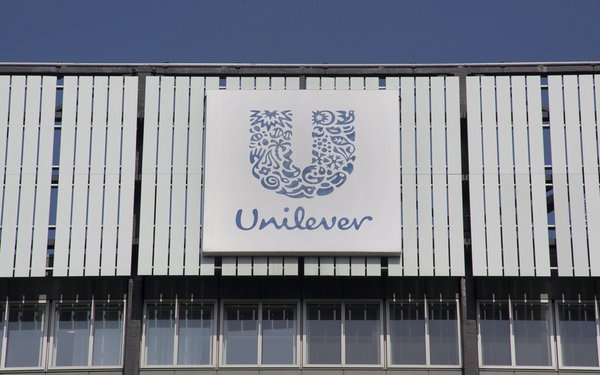
Unilever continues to work with IBM to develop a blockchain to address
transparency and trust issues among its advertising partners.
Keith Weed, chief marketing and communications officer at Unilever, sent a forceful warning to Google, Facebook and other digital
platforms to clean up their act, or the company will pull its advertising.
Unilever -- which owns popular brands including Dove -- spent about $9.8 billion in 2017 on marketing and
advertising, with about a quarter in digital.
Speaking at the IAB Leadership Summit in Palm Desert, California on Monday, Weed said the increase in objectionable content running on social
media and a lack of protection for children continue to erode trust among consumers and companies alike. He said that Unilever will no longer tolerate working with advertising platforms that cannot
meet these standards.
advertisement
advertisement
Unilever will do its part by using blockchain. The technology aims to provide transparency and record what media is purchased and how it is delivered. "It's about trust,"
Weed said during a presentation at the IAB Leadership Summit.
On a blockchain, transactions occur in multiple pieces. A ledger-based system has blocks. All the information is confined to a
specific block and transitions to another when the process is completed.
The blockchain is tied to the company's commitment to “responsible” platforms, content and infrastructure.
Weed also conveyed that the company will support partners such as Facebook and Google only as they invest in improving their platforms, says Brian Wieser, senior research analyst of advertising at
Pivotal Research Group.
Weed emphasized that part of the agenda is focused on more than industry issues that impact society.
Babs Rangaiah, executive partner of global marketing at iX
at IBM and former Unilever employee, described in an interview the blockchain strategy and the dashboard in which users will see the data. The two companies tested the technology for seven
months in phase one. The project, which will roll out in several phases, officially launched Saturday.
The second phase provides a daily reconciliation of the audience based on a smart
contract, and guidelines that have been agreed upon by all the companies involved. Any discrepancies in the contract are resolved the same day, so none carry will over to the next. The contract
appears to be similar to and-if statements in code.
"The vast majority of those discrepancies clear daily using blockchain," he said.
The third phase of the project will
add an insertion order, followed by a payment system.